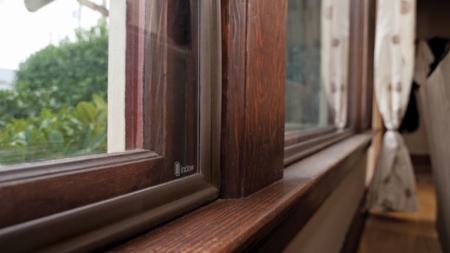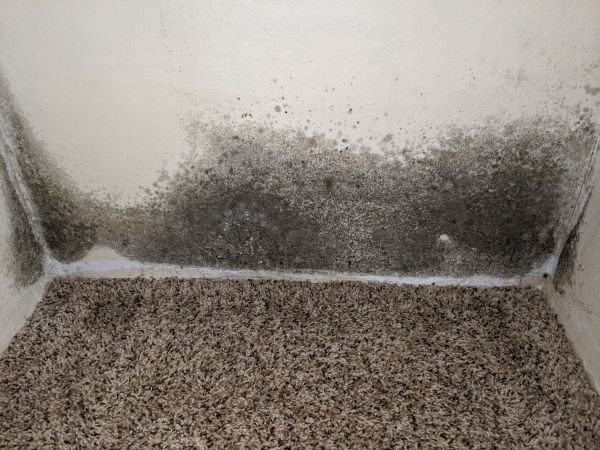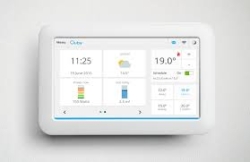There are various tax incentives and rebates that residential buildings can qualify for. Certain incentives apply to new construction, renovations, or both. Below is a description of some of the benefits available to LEED-certified and energy efficient buildings in the Portland metro area. (An overview of LEED can be viewed here.)
The Database of State Incentives for Renewables and Efficiency (http://www.dsireusa.org/) contains a list of incentives for each state. The Oregon Department of Energy lists residential tax credits (up to 35% of project costs) that apply to a wide variety of energy efficient and energy renewable technologies, such as heat pumps, furnaces, boilers, central air conditioners, building insulation, doors, siding, roofs, solar water heat, geothermal heat pumps, cool roofs, LED lighting, and more. These are listed under the headings of Personal Tax Credit on dsireusa.org.
Clean Energy Works Oregon, originally a pilot program run by the City of Portland, has a loan program for energy efficient upgrades in residential homes in many regions of Oregon, including Washington, Clackamas, and Multnomah County. This program helps homeowners to finance up to $30,000 at a fixed interest rate for energy efficient water heaters, furnaces, heat pumps, duct/air sealing, building Insulation, and windows. More information can be found under the Clean Energy Works heading on the dsireusa.org page.
There is a 30% federal tax credit for new residential buildings and renovations that is valid through December 21, 2016. The Residential Renewable Energy Tax Credit provides 30% credit for installation of renewable energy systems, including wind, solar, and geothermal heat pumps. (Energy Star, 2013).
The New Homes Program through Energy Trust of Oregon offers builders cash incentives for energy efficient measures that are included in new homes, where the measures exceed the building code. According to dsireusa.org, “Lighting upgrades, whole home performance upgrades, higher levels of insulation, high-efficiency equipment, better windows, air sealing and solar systems are eligible for incentives under this offering. The more energy-efficient a home is above code, the more incentives a builder can qualify for.” (Visit the Energy Trust site for a sample of incentives.)
For Oregon residences that install a qualifying renewable energy system, there is a property tax exemption for homes with systems that are “net metered or primarily intended to offset on-site electricity use”. If the value of a property increases due to installing a renewable energy system, Oregon law states that the system is exempt from assessment of the property’s value for tax purposes. Renewable systems that qualify include “solar, geothermal, wind, water, fuel cell or methane gas systems used to heat, cool or generate electricity” (Oregon.gov, 2013).
The Residential Energy Tax Credit can benefit homeowners, renters, and third-party residence owners who pay Oregon income taxes and also purchase “premium-efficiency heating systems, duct systems, premium efficiency biomass combustion devices, closed-loop geothermal space or water heating systems, solar water and space heating systems, photovoltaic systems, wind systems and fuel cells”. Incentive amounts vary depending on the system or device. More information can be found at the dsireusa.org website under the heading of Personal Tax Credit.





